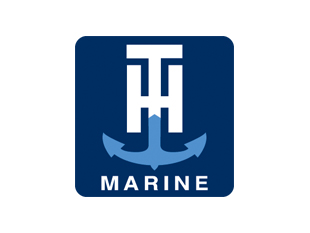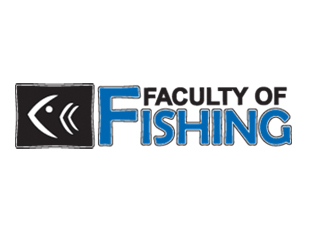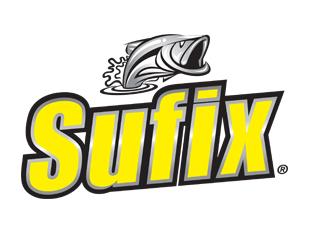This week I had the great opportunity to visit Maryville Middle School in Maryville Tennessee. They are the first Student Angler Federation school club that we have in the state of Tennessee and boy have they got it right!
This school is almost a picture postcard of what we envisioned when we set out to build the SAF across the country. Mr. David Clark and his 28 student anglers have set up this club in near perfect fashion and they are off and running in the Volunteer state!
At almost every meeting they have a speaker come talk to their club about fishing or something related to fishing. This week besides myself, they had WBT pro angler Heather Broom speak to the group about her experiences as a female angler on the Women’s Pro Tour and what it takes to land a successful sponsorship deal.
To date they have also had a club tournament and we’re planning some things with them for the upcoming FLW Tour/ TBF National Championship events.
Keep an eye on this club in the future as I’m sure Mr. Clark and his group are “Going Places” through fishing!!!
We also have two additional schools in East Tennessee on board. The Oliver Springs High School under the direction of Ms. Rice and a program at Farragut High School are all up and underway.
Since they have three schools within that state underway we’ll be assisting them in organizing their first SAF State tournament this spring!
On another note the end of the year has quickly come upon us and it’s time to get all of your rosters and dues for the 2010 season in. Remember that if you’re interested in applying for the State Youth Merchandise Package you have three requirements.
The first is to fill out an application which is available in our Youth Downloads section of our web site. The second is to get all of your youth club rosters in by 12/31 and the third is to get all of your clubs dues in by 12/31.
Please note that we have held the Premium Youth membership cost at $25 for this year which makes that membership an even greater value than before!
An exciting new feature is also available for 2010, this year you can select to receive your FLW magazine electronically!! There are two great reasons for doing this. The first is that it is very good for the environment when we don’t have to use natural resources to manufacture the magazine and then dispose of it when we are finished.
The second is that the FLW has agreed to increase our membership rebate for those who choose the electronic version as it saves them the additional manufacturing cost. Since it is saving them money they are sharing the savings with the TBF.
It’s that very rebate money that helps the TBF fund our Youth, Conservation, and National Fishing Events so please choose the electronic option if possible!
Please have a great Holiday Season and don’t forget to take a kid fishing today!
Mark Gintert



























